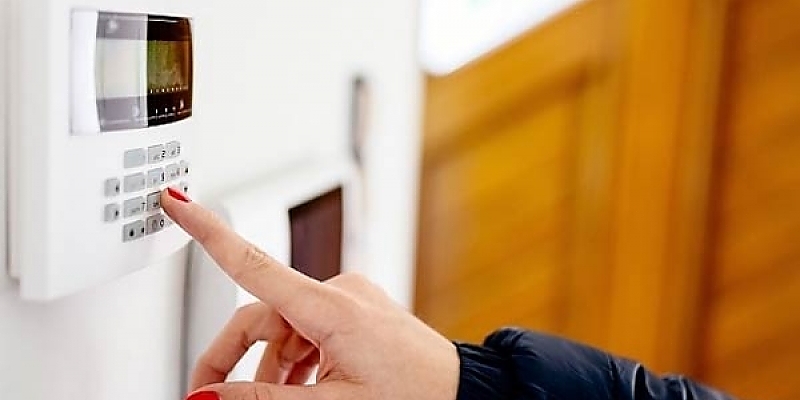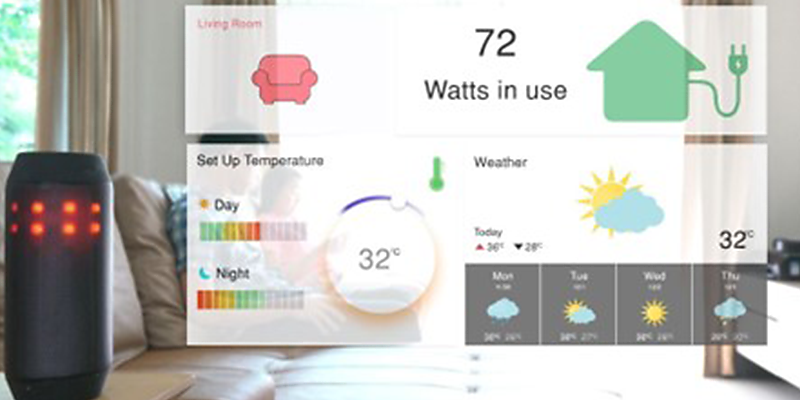By using our website, you agree to the use of cookies as described in our Cookie Policy
-
24 Hour Emergency Service
- 24 Hour Emergency Service
Stuff You Should Know: When and Why Do Carbon Monoxide Detectors Expire?
Nearly 430 people die and 50,000 others visit the emergency room a year in the U.S. due to accidental carbon monoxide poisoning.
Carbon monoxide poisoning has become the second most common cause of non-medicinal poisoning deaths. This is why more states are putting regulations into effect regarding carbon monoxide detectors in homes, schools, hotels, and motels.
Detectors have an expiration date and need maintenance and replacement.
So why do carbon monoxide detectors expire? Here is some information regarding CO detectors.
Carbon Monoxide Poisoning
Carbon monoxide (CO) is a silent killer. It's a gas with no odor or color that can cause serious illness or death. This gas is produced from the burning of fossil fuels from vehicles, stoves, grills, furnaces, gas ranges, and small engines.
When you inhale large amounts of combustion fumes, your body replaces oxygen in your red blood cells with this deadly gas. Symptoms of carbon monoxide poisoning include:
- Headaches
- Fatigue
- Dizziness
- Nausea/vomiting
- Shortness of breath
- Confusion
- Blurring vision
- Loss of consciousness
Because of the dangers and the difficulty in detecting this gas, all homes should be equipped with carbon monoxide detectors.
Carbon Monoxide Detection
It's impossible to know carbon monoxide is there without a detector.
Carbon monoxide detectors sound an alarm when a certain amount of gas is detected over time. There are three different kinds of detectors:
- Biomimetic sensor: When carbon monoxide is absorbed by a gel, it changes color and triggers an alarm.
- Metal oxide semiconductor: A silica chip lowers electrical resistance when CO is present and sounds an alarm.
- Electrochemical sensor: An alarm sounds when electrodes in a chemical solution sense a change in electrical currents from coming into contact with carbon monoxide.
Detectors will notice high doses as well as lower doses over time, which can be just as dangerous. For the detector to silence the alarm, the area must be aired out.
When you hear the alarm, get your and your family outside into fresh air. Open doors and windows on the way out to air out your home. Call emergency services and contact a professional to find out where the source of the gas is coming from.
Why Do Carbon Monoxide Detectors Expire?
Carbon monoxide detectors don't last forever and they do expire.
Over time, the components inside the detector degrade. The average lifespan is seven years and you should try to replace yours every five years.
Like smoke detectors, carbon monoxide alarms should be in every enclosed sleeping area and on every level of your home. Proper maintenance and replacement of carbon monoxide detectors can save your life.
Protect Yourself From Carbon Monoxide
Carbon monoxide poisoning is serious and there's a reason why more and more states are putting statutes in place regarding carbon monoxide detectors.
Why do carbon monoxide detectors expire? We hope we answered your question and that you contact Secure it Securities Corp. for your home security needs.
‹ Back











Comments